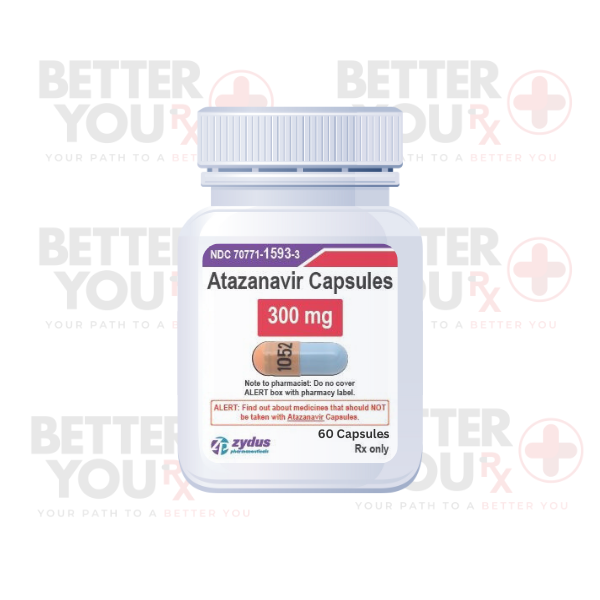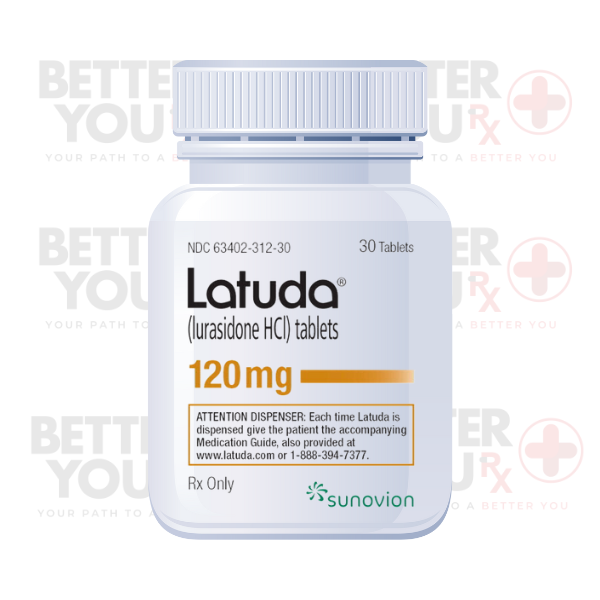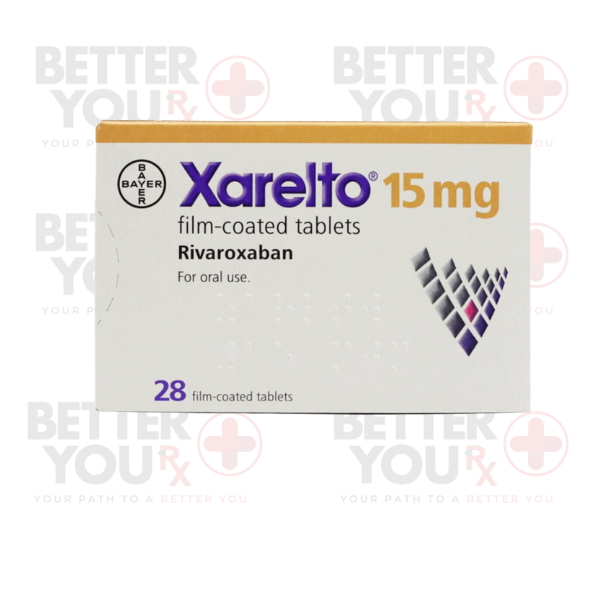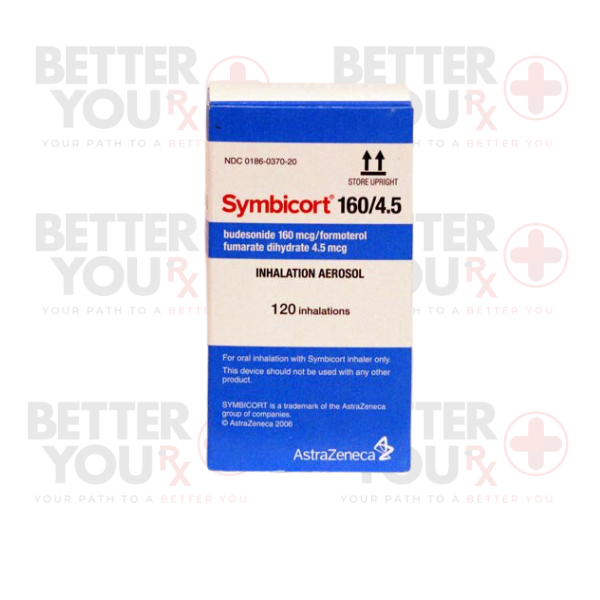| Indications and Uses |
Betaserc is primarily prescribed for the treatment of:
Meniere's Disease: A disorder of the inner ear that can cause severe dizziness, balance issues, and hearing loss.
Vestibular Disorders: Conditions that affect the inner ear's ability to control balance, leading to dizziness and related symptoms.
In addition to these primary uses, Betaserc may be utilized for other conditions where improved inner ear circulation is beneficial. Its versatility makes it a valuable medication for individuals suffering from various vestibular dysfunctions.
|
| Mechanism of Action |
The active ingredient, betahistine, mimics the action of histamine in the body. It primarily exerts its therapeutic effects through the following mechanisms:
Histamine Receptor Agonism: Betahistine acts as an agonist on the H1 receptors in the inner ear, leading to vasodilation (widening of blood vessels) and improved blood circulation. This enhances the supply of oxygen and nutrients to the inner ear structures, promoting better function and reducing fluid accumulation.
H3 Receptor Antagonism: Betahistine inhibits H3 receptors, which are autoreceptors that regulate the release of histamine. By blocking these receptors, it increases histamine availability, further contributing to enhanced blood flow and pressure regulation within the inner ear.
|
| Dosage and Administration |
Betaserc is available in two dosage strengths:
8 mg Tablets: Typically prescribed in bottles of 100 tablets and 30 tablets.
24 mg Tablets: Available in bottles of 20 tablets.
The standard dosage for adults usually starts at 8 mg taken three times daily. Depending on individual patient response and the severity of symptoms, the dose may be adjusted. It’s important to take Betaserc with food to minimize gastrointestinal discomfort and enhance absorption. Always follow your healthcare provider's guidelines for dosage and administration.
|
| Clinical Efficacy |
Numerous clinical studies have demonstrated the efficacy of Betaserc in reducing the frequency and intensity of vertigo episodes. In one study, patients taking betahistine experienced a significant reduction in the number of vertigo attacks compared to those receiving a placebo. Furthermore, the improvement in quality of life and functionality in daily activities was notable, providing a strong basis for its use in managing vestibular disorders.
|
| Common Side Effects |
While Betaserc is generally well-tolerated, some patients may experience side effects. Common side effects include:
Nausea
Stomach discomfort or pain
Headaches
Dizziness or a sense of imbalance
These side effects are typically mild and may diminish as your body adjusts to the medication. However, if you experience severe symptoms, such as persistent vomiting
|
| Serious Side Effects |
IIn uncommon situations, more severe side effects may arise, including:
Allergic reactions (rash, itching, swelling)
Severe headaches
Changes in heart rate or rhythm
If you notice any serious side effects, discontinue use and consult your healthcare provider immediately.
|
| Storage Information |
Proper storage of Betaserc is crucial to maintain its effectiveness. Keep the medication at room temperature, protected from direct sunlight, moisture, and heat. Ensure that it is stored out of reach of children and pets to prevent accidental ingestion. Always check the expiration date and properly dispose of any expired or unused medication to avoid health risks.
|
| Special Precautions |
Before starting Betaserc, inform your healthcare provider of any pre-existing conditions or allergies. Patients with a history of asthma, peptic ulcers, or other gastrointestinal disorders should use Betaserc with caution, as it may exacerbate these conditions. Pregnant or breastfeeding women should consult their healthcare provider to discuss the potential benefits and risks of using Betaserc during this period.
|
| Overdose |
Symptoms of an overdose may include gastrointestinal upset, drowsiness, or dizziness. In case of overdose, seek medical assistance immediately or contact a poison control center for appropriate care.
|
| FAQs |
Q1: How long will I need to take Betaserc?
A: The duration of treatment with Betaserc can vary based on individual needs and the severity of symptoms. Many patients may require long-term therapy to manage their condition effectively.
Q2: Can Betaserc be taken with other medications?
A: It is essential to inform your healthcare provider of all medications you are currently taking, including over-the-counter drugs and supplements, to prevent potential interactions.
Where to Buy Affordable Betaserc
At Better You Rx, we are dedicated to offering Betaserc at an affordable price, ensuring that those seeking relief from vestibular disorders can easily access the medication they need. By choosing Better You Rx for your Betaserc, you are taking an important step toward managing your symptoms effectively and improving your overall well-being.
|
| Dosage: |
24 mg 20 Tablets, 8 mg 30 Tablets, 16 mg 30 Tablets
|











